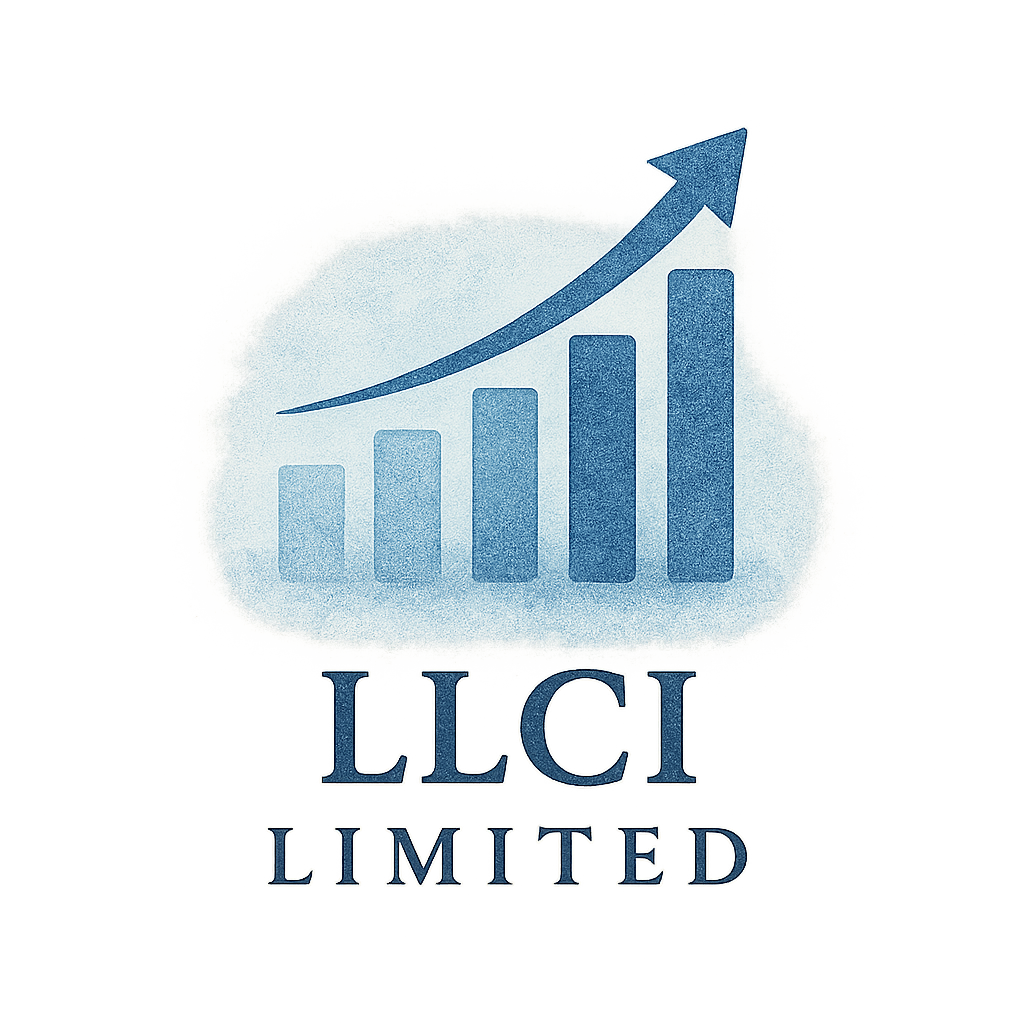Introduction
Ever feel like investing is just throwing money into the unknown and hoping for the best? Yeah, we’ve all been there. But if you’re considering handing your money to a fund manager, you deserve to know exactly what you’re signing up for. Asking the right questions can make all the difference between growing your wealth or waving goodbye to it. Let’s walk through the 9 essential questions you must ask your fund manager before investing a dime.
Why It’s Important to Ask Questions Before Investing
Before you commit your hard-earned cash, asking smart questions not only helps you understand where your money is going but also builds trust and transparency with your fund manager. It’s about managing risk, setting expectations, and ensuring that your financial goals are aligned with their strategies.
Want to dig into the basics first? Here’s a solid Investment Basics guide to get you started.
1. What Is Your Investment Philosophy?
Aligning Philosophy With Your Goals
Every fund manager has their own philosophy — some play it safe, others chase aggressive returns. Are they value investors? Do they favor growth stocks? Understanding their approach helps you know if their strategy fits your risk appetite and financial goals.
You can explore more about this concept in our strategy section.
2. What Types of Investment Funds Do You Manage?
Know What You’re Getting Into
From mutual funds to hedge funds to index funds, each type comes with its own level of risk, fees, and structure. Ask for a breakdown of the fund types they handle and their past performance.
Visit our Types of Investment Funds guide for a detailed explanation, and check out these helpful tags:
Fund Types | Mutual Funds
3. What Are the Risks Involved With These Investments?
Risk-Return Tradeoff
No investment is risk-free. A good fund manager will be upfront about the potential downsides. Whether it’s market volatility or liquidity risks, understanding the threats can prepare you mentally and financially.
Tools for Risk Management
Ask them how they actively manage and mitigate risks. If they’re not using robust risk management practices, that’s a red flag.
Learn more about this in our Risk & Return section and our in-depth tag on Risk Management.

4. What Is Your Track Record?
Performance History Matters
You wouldn’t hire a chef who can’t cook, right? Similarly, a fund manager’s history tells a lot. Look at their long-term performance — not just last year’s. Ask for comparisons with benchmark indices and understand the consistency of returns.
5. How Do You Diversify Portfolios?
Why Diversification Is Key
Diversification is your safety net. A diversified portfolio spreads risk across asset classes and geographies. Your fund manager should explain how they ensure your eggs aren’t all in one basket.
Read our deep dive into Diversification.
6. What Are the Fees and Charges?
Hidden Costs to Watch For
Ask for a clear breakdown of all fees — management fees, entry/exit loads, and performance-based charges. Even seemingly small fees can eat into your returns over time.
Check out Fund Management for how fees can impact your portfolio.
7. How Do You Stay Updated With Market Trends and Strategies?
Staying Ahead of the Curve
The financial world moves fast. You want a fund manager who’s in tune with market trends and evolving strategies.
Explore current Trends & Strategies and more at our Market Tag.
8. What Role Do You Play in Ongoing Fund Management?
Understanding Fund Manager Responsibilities
Some fund managers are hands-on, while others are passive. Get clarity on their involvement in rebalancing, monitoring performance, and making key investment decisions.
Explore the full scope of a Fund Manager’s Responsibilities and Roles.
9. How Transparent Is Your Communication?
Keeping Investors Informed
You don’t want to be left in the dark. Ask how often they’ll update you — monthly reports, quarterly calls, etc. Transparency builds trust and keeps you in control of your investments.
And if you’re new, check the Beginner Tag to brush up on what to expect.
Red Flags to Watch for in a Fund Manager
- Vague or evasive answers
- No clear investment philosophy
- Overpromising returns
- Lack of regulatory compliance
- Poor communication
Your fund manager should be your financial partner, not a mystery magician.
Conclusion
Choosing the right fund manager isn’t just about who sounds the smartest in the room — it’s about finding someone who gets you, your goals, and your tolerance for risk. Asking these 9 questions can give you the clarity you need to make informed, confident investment decisions.
Remember, it’s your money. Don’t be afraid to ask tough questions.
Want to go deeper? Start with our Fundamentals, explore Investment Strategies, and check our Complete Guide to Investing.
FAQs
1. What’s the most important question to ask a fund manager?
That depends on your priorities, but understanding their investment philosophy and risk management approach is crucial.
2. How do I verify a fund manager’s track record?
Ask for audited performance reports or third-party ratings. You can also research via regulatory databases.
3. Are fund managers regulated?
Yes, credible fund managers are registered with financial authorities. Always verify their credentials.
4. How often should I communicate with my fund manager?
Ideally, you should get updates monthly or quarterly. But you should also have access whenever you need clarity.
5. Can I switch fund managers later?
Absolutely, but watch out for exit fees or lock-in periods in your current fund.
6. What’s the difference between passive and active fund management?
Active managers try to outperform the market. Passive ones aim to match it, typically with lower fees.
7. What if I don’t understand financial jargon?
That’s okay. A good fund manager will explain everything clearly. Or start learning at our Investment Basics section.

